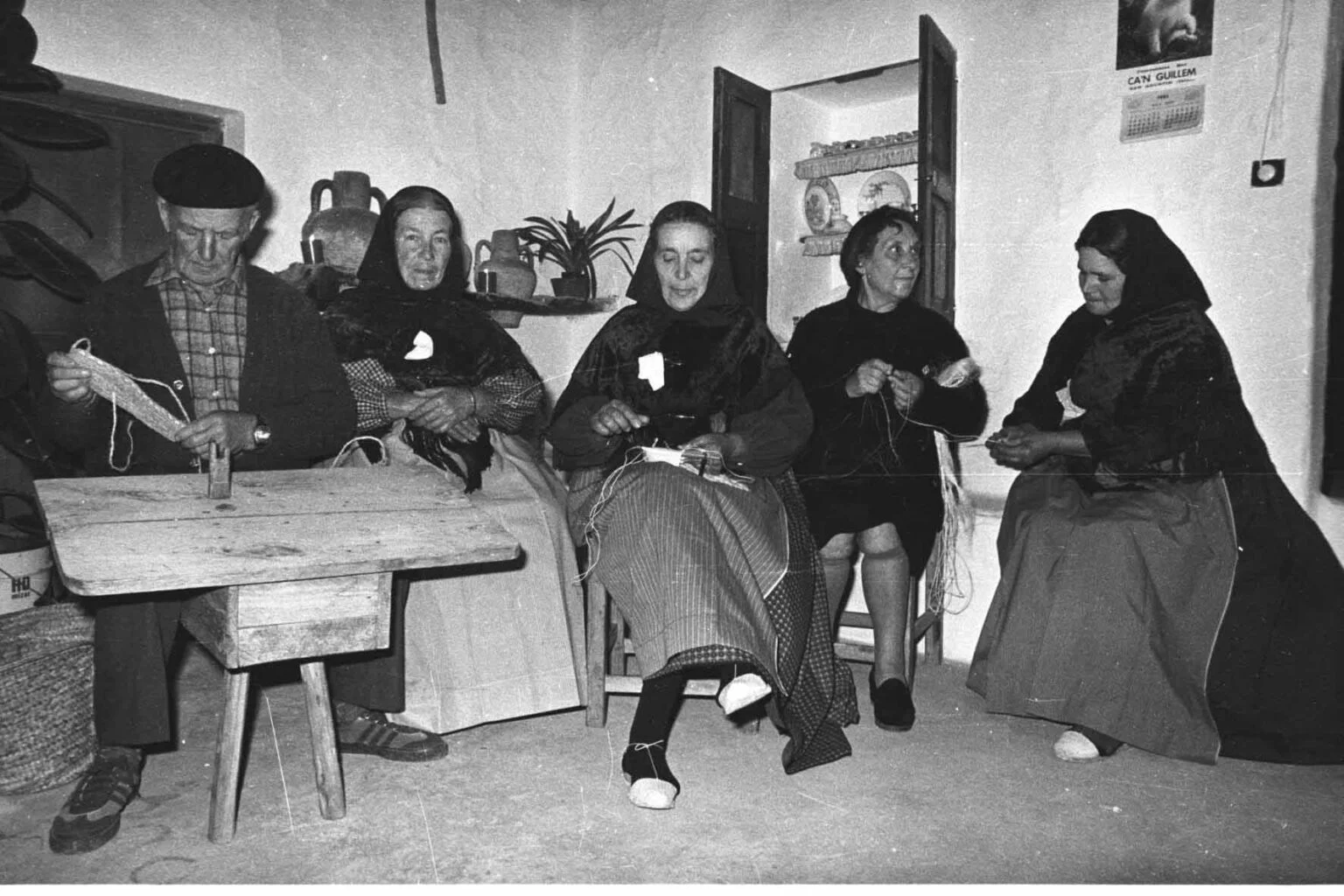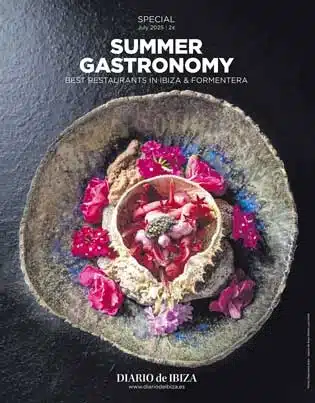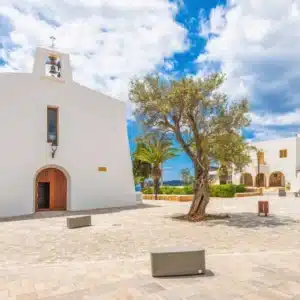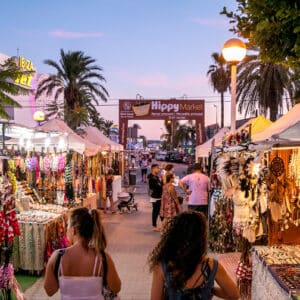If you stop for a moment to listen to the locals in Ibiza chatting in a village bar or a rural market, you will notice something different. The people of Ibiza do not just speak Spanish – they speak Ibicenco, a form of Catalan that is full of personality, wit and centuries-old expressions.
These are not the phrases you will find in your average phrasebook. They are funny, quirky, and very informal – exactly what makes them so memorable. Whether you want to make locals smile, surprise your travel companions or simply connect more deeply with the island, learning a few authentic Ibicenco phrases will add a completely new layer to your Ibiza experience.
“Et fotre una cleca” – The classic light-hearted threat
- Literally: “I will give you a slap”
- Real meaning: “You are annoying me, and I might give you a (playful) smack on the head”.
This is the kind of phrase you will hear among friends, siblings or even parents joking with their kids. “Et fotre una cleca” is not meant to be aggressive – it is a classic, tongue-in-cheek way of telling someone to stop being annoying.
Visual image: picture two friends on a terrace. One keeps teasing the other, who finally turns around and, with a grin, says: “Et fotre una cleca si no calles!”
When to use it: When someone is pushing your buttons in a joking way, and you want to show you are reaching your limit… but still laughing.
“Quin meulu duus” – You have had one too many, mate
- Literally: “What a mess you are carrying”
- Real meaning: “You are clearly drunk and wobbling all over the place”.
There is no better way to describe someone walking like a newborn deer after too many cocktails. “Quin meulu duus” is what locals say when someone is visibly tipsy – and it is often followed by laughter.

Sensory moment: you see your friend slowly zigzagging along the street. A local walks past and mutters: “Quin meulu duus…”
When to use it: after a night out or when you see someone struggling to walk in a straight line. It is playful, not mean.
“Ets un cap de fava” – Not the brightest bulb
- Literally: “You are a broad bean head”
- Real meaning: “You are not very clever, are you?”
This is one of those classic Ibicenco insults that is more funny than offensive. It is used when someone says or does something silly – think of it like calling someone a ‘muppet’ or ‘numpty’ in British slang.
Cultural insight: beans might be nutritious, but in Ibiza, calling someone “cap de fava” is the go-to way of pointing out a lack of common sense.
When to use it: a friend leaves the house without their keys for the third time. Just raise an eyebrow and say, “Ets un cap de fava!”
“Això és de s’nay des tro” – This is older than time
- Literally: “This is from the year of the explosion”
- Real meaning: “This thing is ancient!”
This expression dates back to the 18th century, when an explosion rocked the gunpowder store in the Santa Llúcia bastion of Dalt Vila. Ever since, locals have said “Això és de s’nay des tro” to describe anything seriously old or outdated – from furniture to ideas.
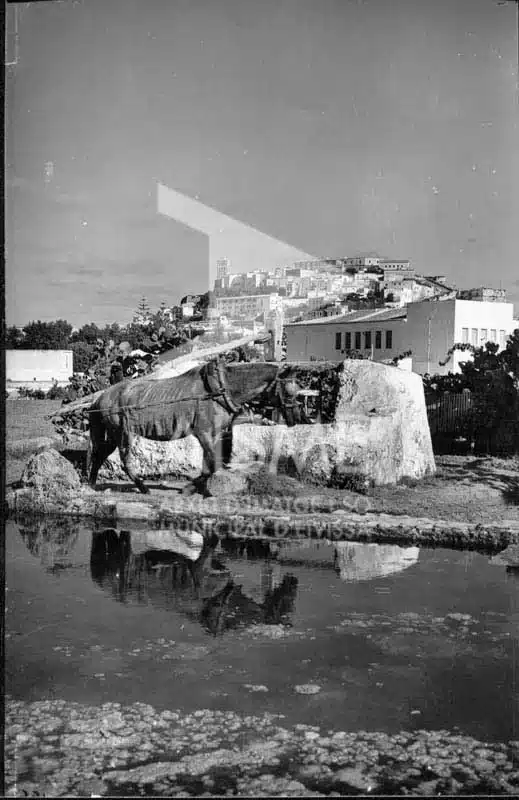
Historic flair: a dusty cassette player sits behind the bar. The bartender chuckles and says: “Això és de s’nay des tro!”
When to use it: when you find something that looks like it belongs in a museum.
“Això és mel de magraneta” – Pure delight on your tongue
- Literally: “This is pomegranate honey”
- Real meaning: “This is delicious!” or “This is amazing!”
This is one of the sweetest (literally and figuratively) authentic Ibicenco phrases. Locals say it when something is truly delightful, whether it is a meal, a moment or even a view. It is the highest compliment you can give.
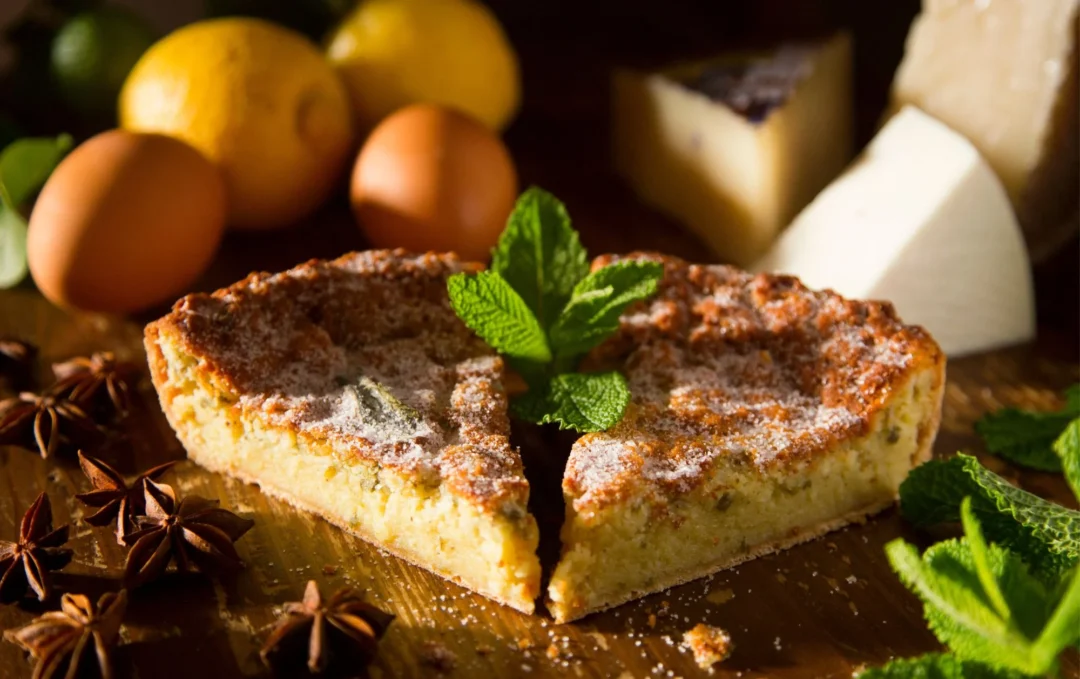
Emotional trigger: you taste a warm, flaky ensaimada after a swim in Cala Salada. The soft breeze, the salt on your skin, the sweetness on your tongue – you sigh and say: “Això és mel de magraneta”.
When to use it: any time something makes you genuinely happy – food, drink, experiences or even a quiet morning watching the sea.
Why these Ibicenco phrases matter to your trip
These five authentic Ibicenco phrases are more than just funny expressions. They are a window into local culture – a culture that goes far beyond beach clubs and pool parties.
Locals will appreciate your effort to speak their language, even if it is just a word or two. And more importantly, you will feel more connected to the island, its humour, and its people. These phrases are not stiff or formal. They are living, breathing examples of how the people of Ibiza express themselves every day – with humour, warmth and a touch of cheekiness.
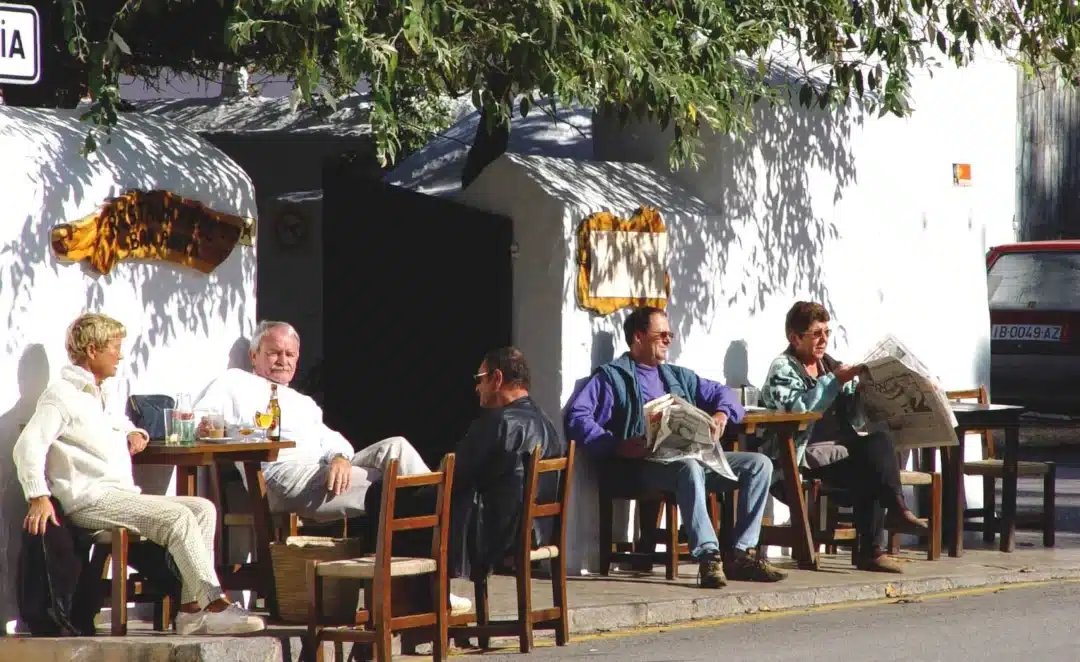
Where can you learn more local expressions?
- Ask the locals – Whether at a market in Santa Eulària or a bar in Sant Josep, do not be shy. Most people love sharing their language.
- Visit local bookshops – Look for phrasebooks or cultural guides written in Catalan or Ibicenco.
- Listen in – Sit quietly at a café and tune into local conversations. You might be surprised how much you pick up.
Ready to speak like a local?
Next time you are in Ibiza, do more than sunbathe and sip cocktails. Try one of these authentic Ibicenco phrases. Use them at the right moment, with the right tone, and you will earn a smile, a laugh – or even a new friend.
Save this article, share it with your travel buddies, and surprise everyone on your trip with your local slang skills.
Because Ibiza is not just a destination – it is a language, a way of life, and a culture worth discovering.
